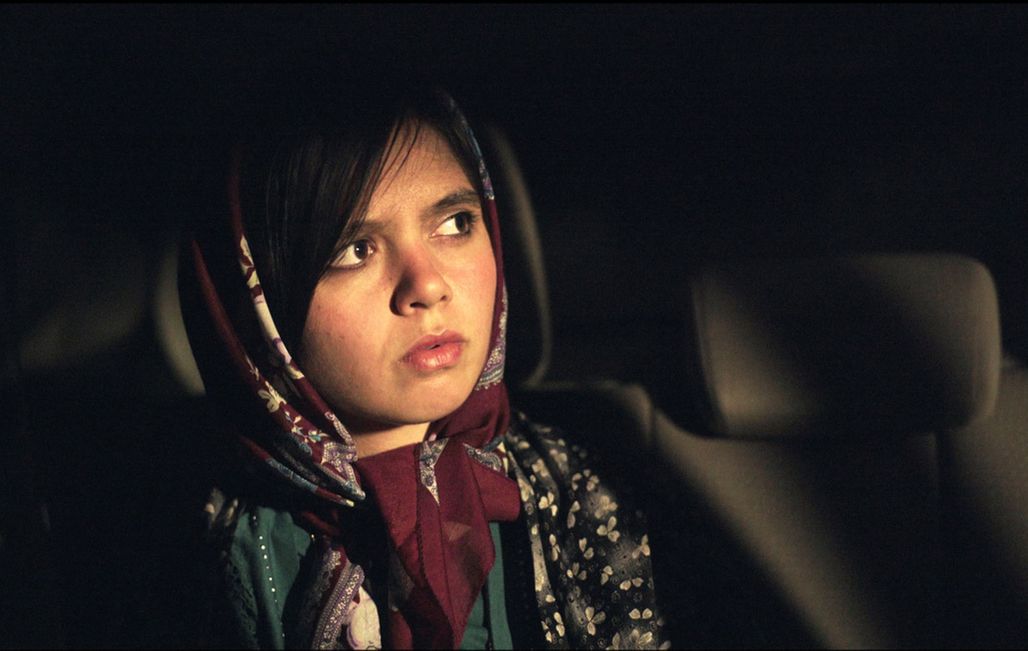
Jafar Panahi’s three stars

After the social drama Talaye Sorgh (Crimson Gold), winner of the 2003 Un Certain Regard Jury Prize, and the subtle documentary on censorship In Film Nist (This Is Not a Film, 2011), 3 Faces marks Iranian filmmaker Jafar Panahi's third time in the Official Selection. In the film, entered into this year's Competition, he delivers three portraits of women in a daring tale set against a natural backdrop: the remote mountains of north-west Iran.
Not unlike his previous feature-length film, 3 Faces offers the audience a chance to get away from it all. Behind the wheel of his 2015 docu-fiction Taxi Tehran, the filmmaker treated his audience to colourful snippets of life in Iran, gleaned from passengers and inhabitants in its bustling capital. Leaving behind the noisy traffic jams and the horns of polluting taxis, this time the man behind The White Balloon (1995) takes his traveller to the cool Iranian mountains, near the Armenian border. There, traditions die hard, and this rough landscape serves as a backdrop for another take on Iranian society by Jafar Panahi.
The fates of three actresses intertwine; three women of different ages and backgrounds, with Jafar Panahi driving them, both literally and figuratively. One of them, from a time before the revolution, was forced to stop acting. The second is a famous star of today, known throughout the country. And the third is a girl at the prime of her life, eager to join a drama school. She begs the actress for help, to loosen the grip of a family that holds steadfast its traditional beliefs. Like a sociologist, the prolific director once again offers a discerning insight into the lives of his fellow citizens, with humour and tenderness. For his first film in Competition, he is in the running for the Palme d'Or with a fellow countryman, Asghar Farhadi for Todos lo Saben.


